Many B2B companies report a growing sense of pessimism, according to insights from Boston Consulting Group, given that they anticipate long-term challenges related to market volatility and uncertainty. Top-performing companies are those that have taken a more holistic, long-term, and strategic approach to pricing. Learn the basics of implementing “resilient pricing,” and discover why it’s time to replace traditional strategies, such as price increases, with a new model to retain your competitive edge in the future.
Best-in-class B2B companies respond to volatility and uncertainty with “resilient pricing.”
For many B2B companies, there’s no end in sight to market uncertainty. While companies used to adjust package sizes or price levels during periods of volatility, they must leverage a different approach when navigating long-term unpredictability: “resilient pricing.” Resilience refers to “a company’s capacity to absorb stresses caused by disruptions and then recover critical functionality — and ultimately thrive — in altered circumstances.” Companies that implement resilient pricing are those that take actions to improve agility, while leveraging AI tools and advanced analytics to monitor demand shifts. However, according to a Boston Consulting Group survey, only 40% of B2B companies have clearly defined strategies for managing volatility via resilient pricing actions.
After surveying roughly 1,400 pricing decision-makers from a range of sectors, Boston Consulting Group identified the characteristics that top-performing companies shared, which include:
- Nimble and responsive — The most successful...
David Langkamp, Matt Beckett, Camille Brégé, Sachin Shirwalkar, Arnab Sinha, and Jean-Manuel Izaret are professionals with Boston Consulting Group.









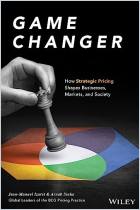

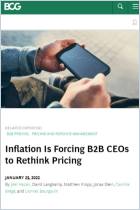

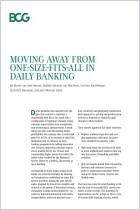
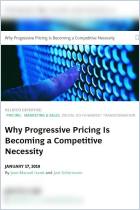
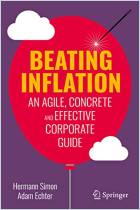
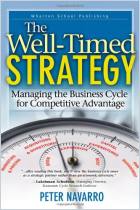
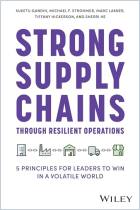


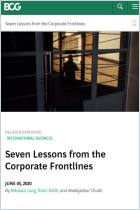



Comment on this summary or Start Discussion